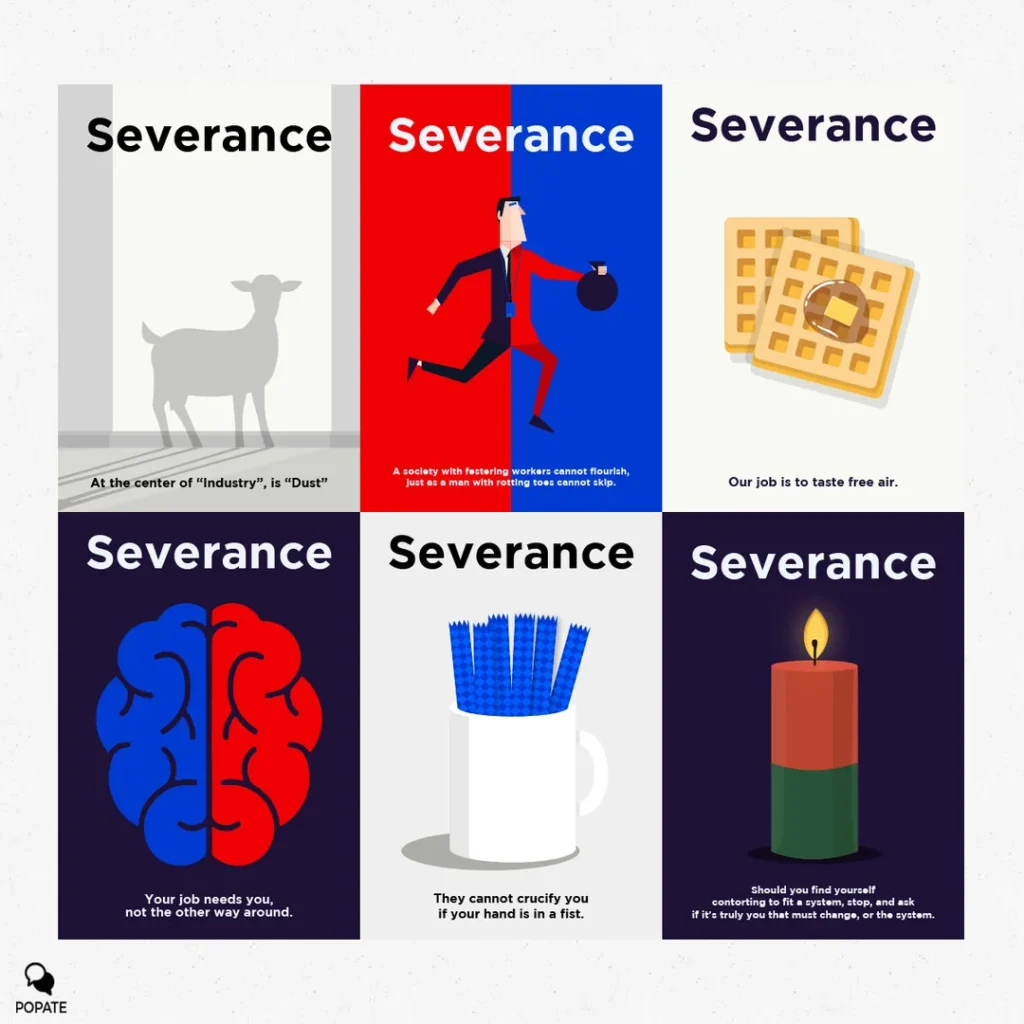Several seasons back I made a small goal for myself: reduce the “work” in my life back to 15 Hours per week. Ideally, three, five-hour sessions each week. This was in the midst of the pandemic, when people were stuck at home and glued to their screens and persistently asking themselves if they were going to have a job tomorrow, much less the luxury of putting only 15 hours to it.
In those days I was riding the rails of burnout – before it was the fashionable phrase we know it as today. My days of freelancing and running OutWord meant I was spending a lot of time doing things that weren’t exactly revenue-generating ‘work’ – promoting the business, reading up on the competition, and attempting to click through the entirety of the internet to find the next gig.
It was in this clicking that I crossed the idea of the 15-Hour Workweek. Far from a new idea, first thought in the 1930s by economist John Maynard Keynes. His thinking: the rise of technology and automation would ultimately reduce the number of available hours future generations could work. 40 hours? Why bother? You could pay someone for the same amount of work in just 15 hours thanks to all this new technology!
He imagined that we would all have too much time for recreation. My lord, we would all be so bored!
Of course, capitalism being the little shit that it is, this is not what happened. Every worker can create more value with the machines owned by someone else. The enslavement of the working class, now held in comparison to the productivity of the machine. John Henry dead against the steam piston.
Couple this with the then-rampant, and still problematic, presence of hustle culture. Work hard enough at the right things and eventually money won’t matter! Passive income! Dropshipping and arbitrage! The goal of hustle culture is to get to the point where you can exploit someone else’s labor – an idea first evangelized by, ironically, The Four-Hour Work Week.
The idea of 15 hours of work a week, even as a guideline, was at the edge of my brain for years. I’m terrible at disciplining myself. I will sink hours into something that doesn’t have any outcome, I will hyperfocus on something that is sorta-work, but not really, and in the end I am just exhausted and frustrated – which is where I’m at right now.
Ugh. So, right, how does one go about a 15-Hour work week? How do I become one who has a glut of recreation time? The first challenge I faced was determining what was an wasn’t “work.”
As a freelancer, especially a creative freelancer who loves to write and make art, everything I do ties back into my work. My experience informs my writing. Reading, drafting, emails, social media, talking with people, going to lunch, observing a nice afternoon in the park: what was work? More importantly, what was supposed to be not-work/ recreation?
The thing about stories: they are everywhere. They seep through all facets of life. Every story I write, all the copy I produce, all the stuff I make, is born from every facet of other stories I have experienced to this point. Where is the Severance point between work and play when it comes to stories?

I guess it will come down to the innie/outie approach.
Not work: taking in stories
Work: putting out stories.
The plan so far/ moving forward.
Simply put: block out 15 hours on the calendar. Preferably consistent hours. I’m fantastic at losing track of time, so three, five-hour blocks a week seems to do the trick. This time is blocked out on my calendar (well, ALL of my time is blocked out, more on that later) and is sprinkled through with times that clients and prospective projects can book time with me.
This is where the outie exists. In these 15 hours, I can:
- Anything related to emails.
- Research for specific, client-related projects.
- All client-focused/ paid writing.
- All paid/ income-related calls/ zooms (being on the east coast makes this somewhat easier).
- OutWord marketing production and post scheduling.
The challenges so far:
- Email is a fucking problem. I’m not alone here. I have a singular inbox (nothing else works for me) that also serves as a to-do list and a depository of notes-to-self.
- Social media is a fucking problem. Like email, it tends to creep into any given moment in any given day. It is an extension of the inbox, beneficial conversations happen there, but I am not immune to the vacuum. Why can’t we just text stuff?
Everything else happens outside of these fifteen hours.
The upsides, so far:
- Not spending hours at my desk doing a lot of “not much” feels good. Now I feel like I have the time to spend 20 minutes cleaning up a corner of the house or mess around with the dog.
- Mornings are pretty swell. More time writing with a pen. More time with books. More time digging around the utopia of digital gardens.
Next Up:
- After 2024 proved to be a crash-and-burn year for Outword, my aim is to rebuild the portfolio of projects and clients and recover lost revenue. The goal is to build back to a point of sustainability, but not so much where I am extending beyond the 15 Hours.
- No, I do not believe in the “you gotta grind and put in the hours” mindset. If OutWord doesn’t serve me as much as it serves my clients, it’s not worth it.
- Grow to the point where another party is involved to handle administrative tasks. Pay this person what they are worth. Develop a product within OutWord that can be licensed and resold.
- Dedicate time to other projects (three, five-hour blocks for writing fiction? Painting? Filmmaking?) to grow into other things that make other things.
Above all, sustainability.


